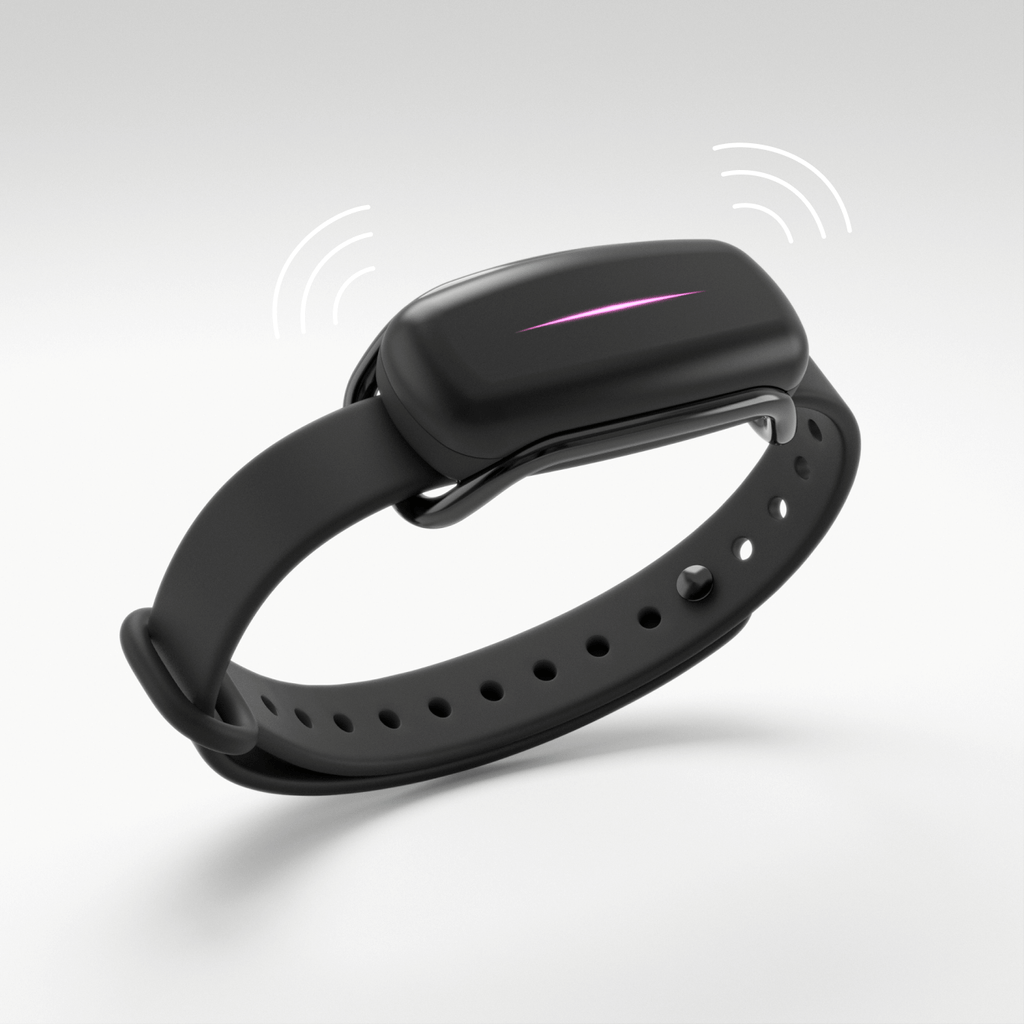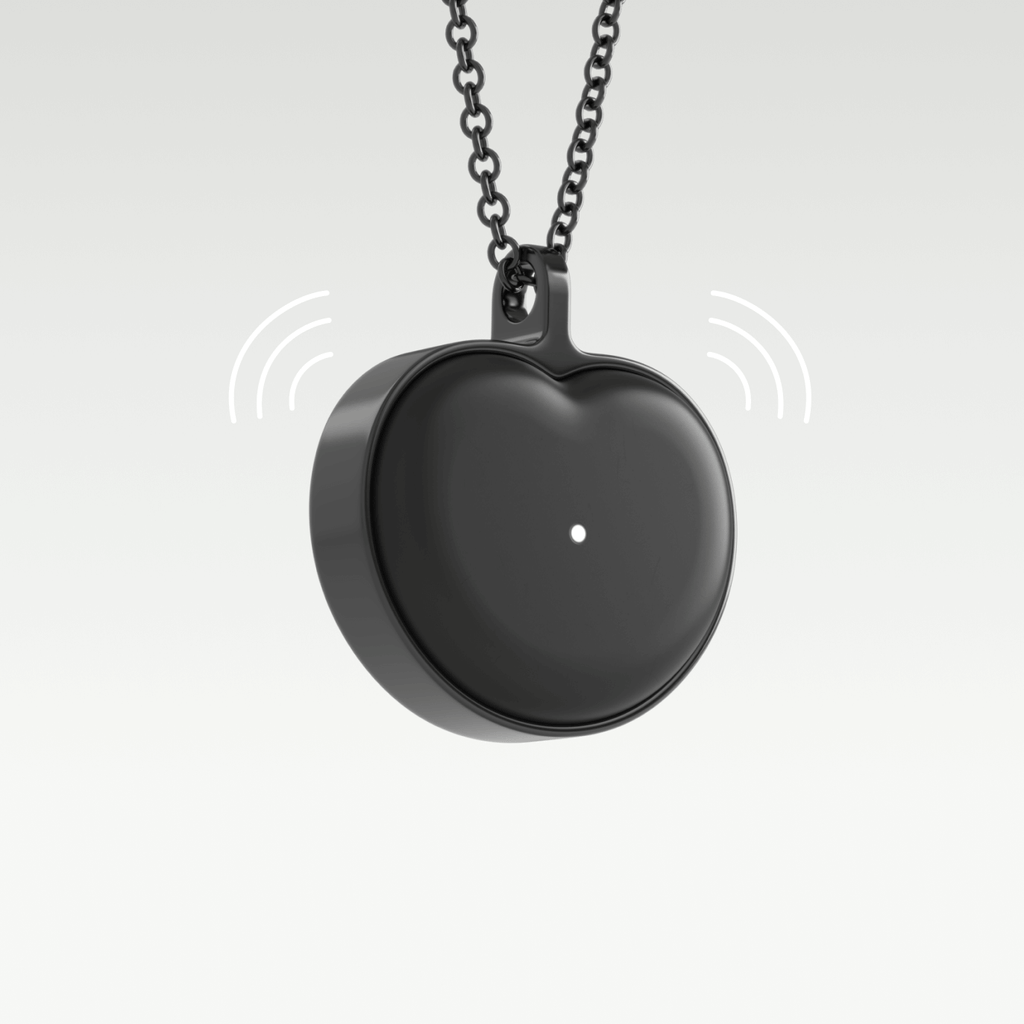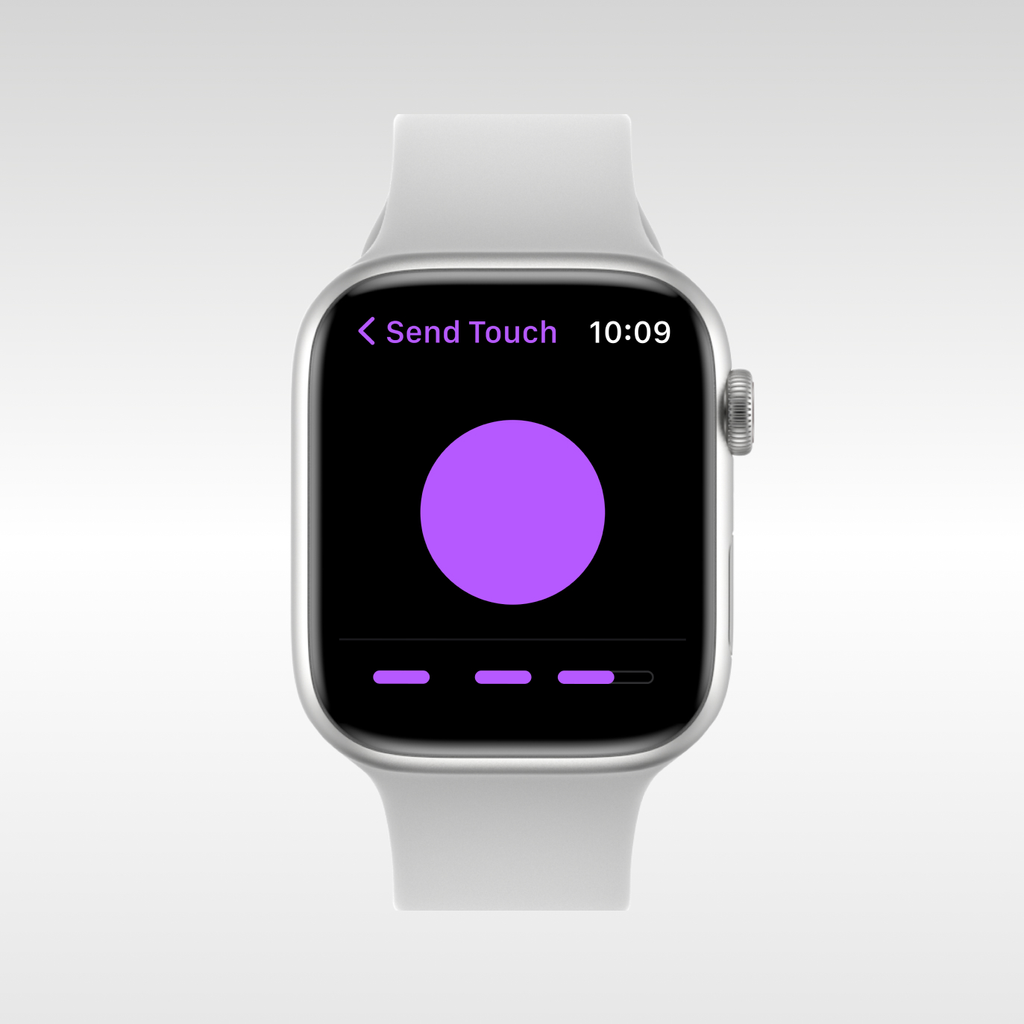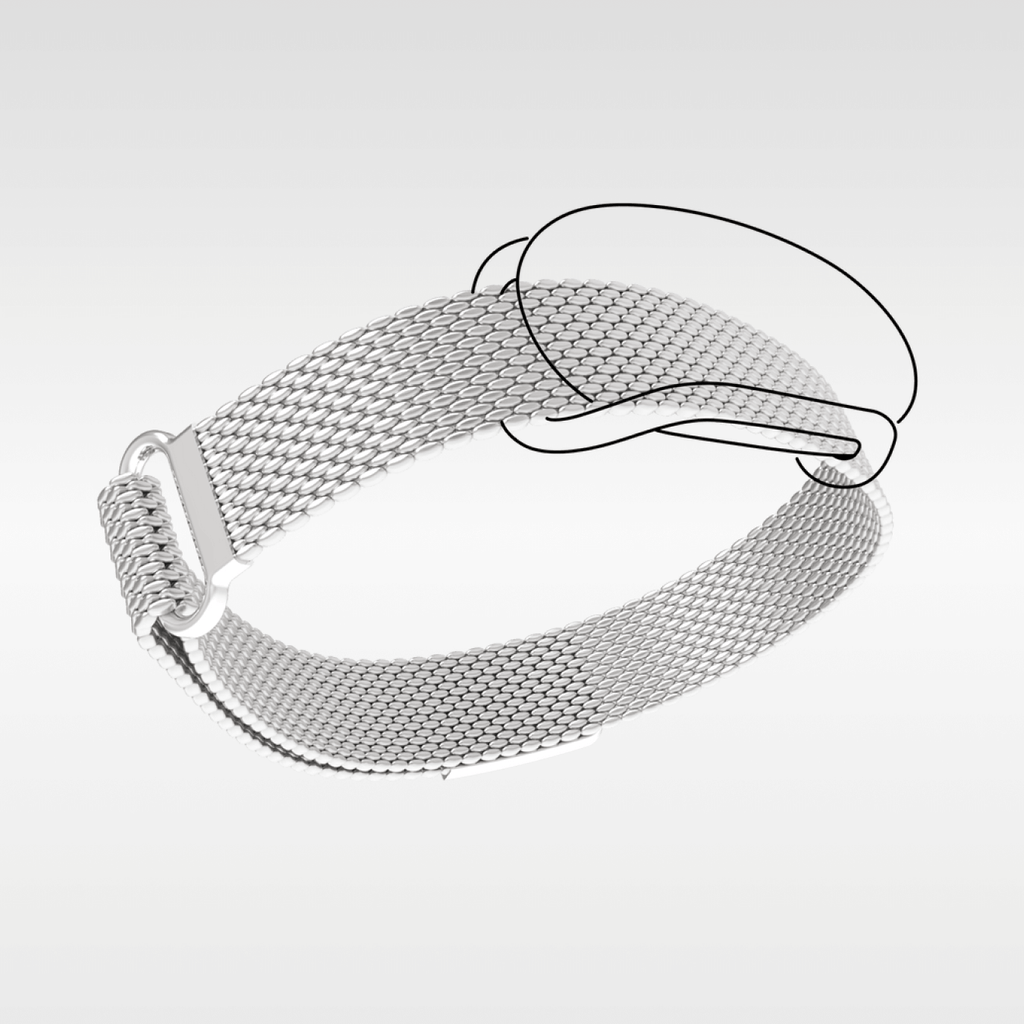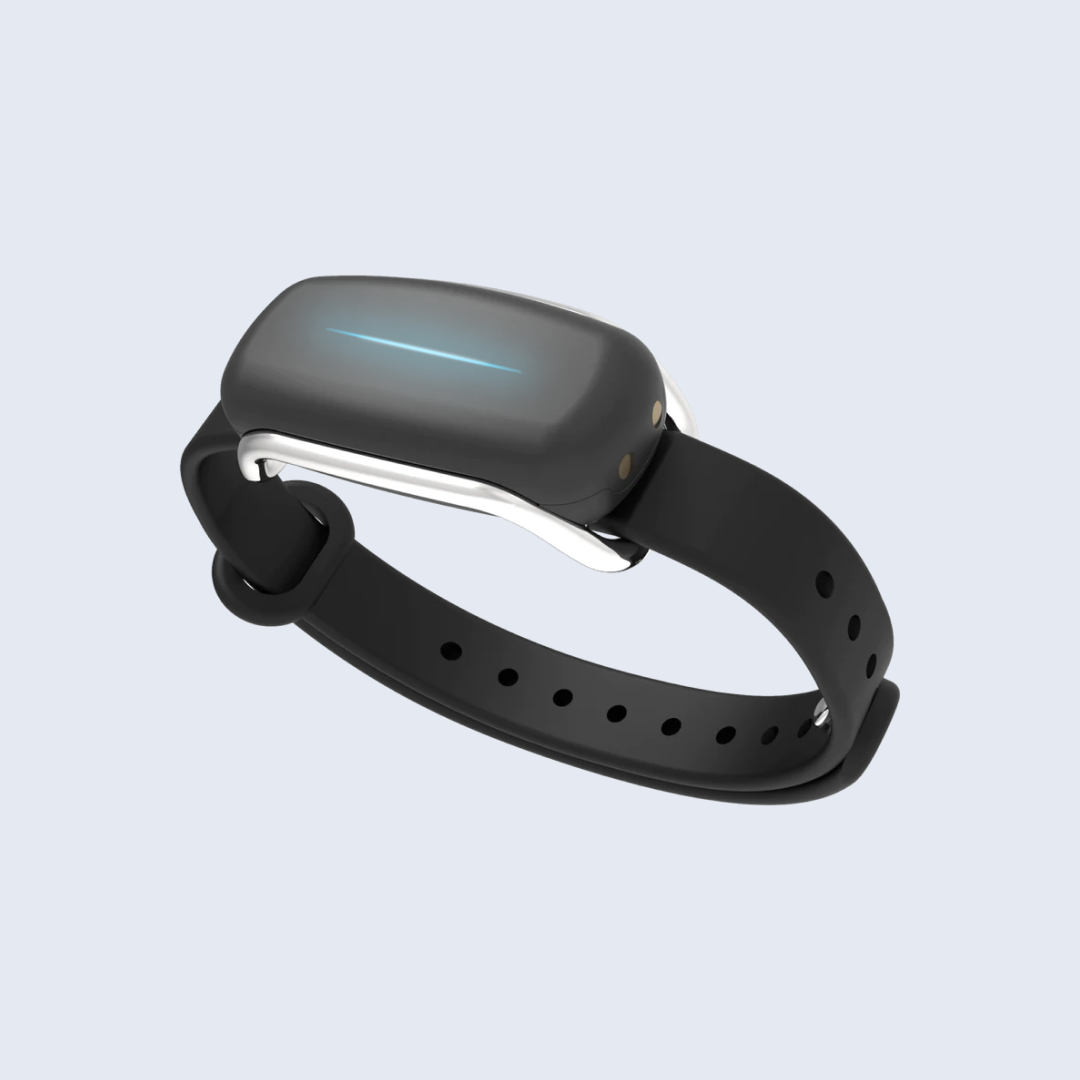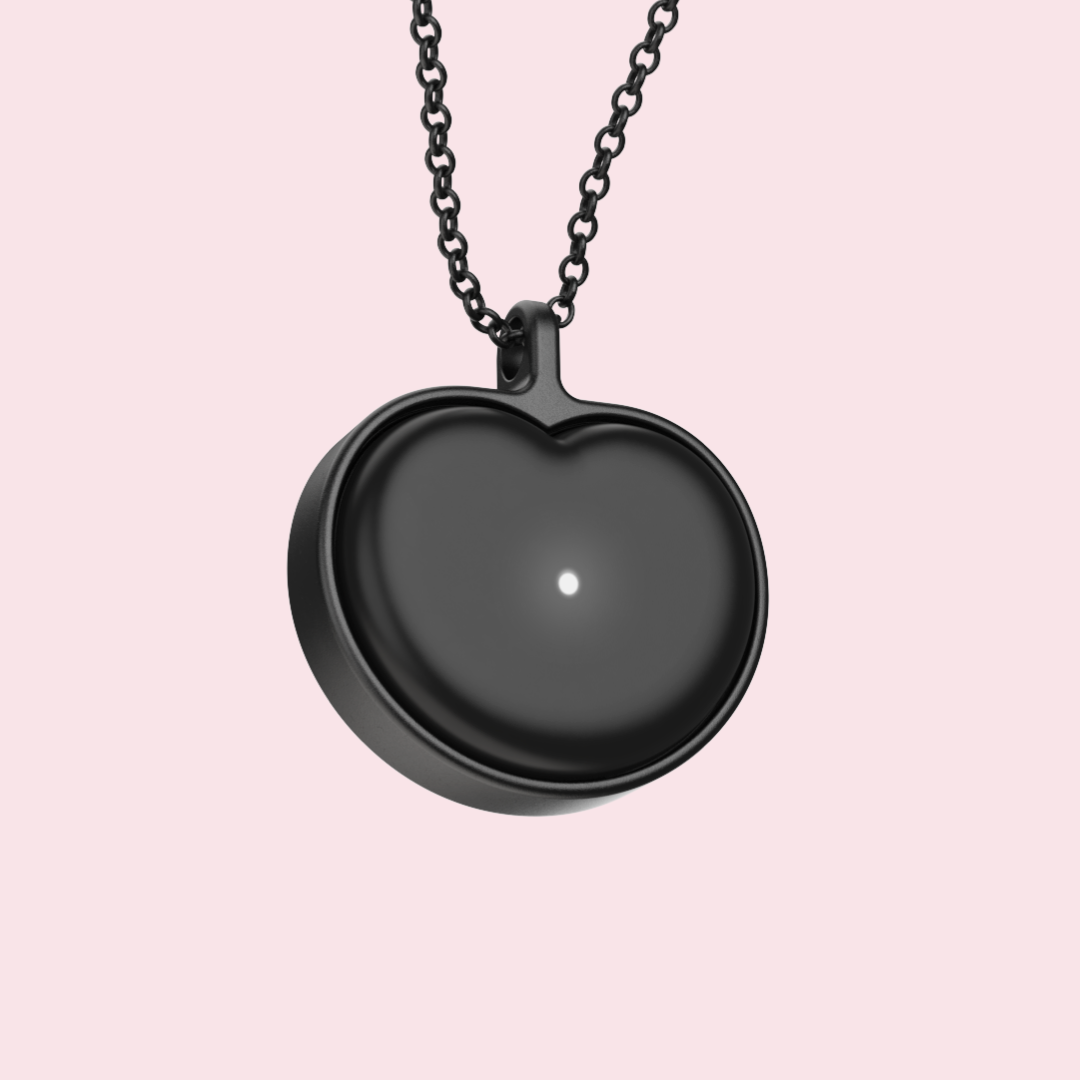How a rare eye disease shaped the way I see the importance of keeping the right distance in life, love and everything in between.
In 2020, because of Covid and the guidelines set to fight its spread and get life back to normal, people were asked to keep a safe distance from one another. Distance dominated conversations as people realized its impact in helping end the pandemic. For me, it wasn't the first time I had felt how powerful distance could be in life. It began years ago, with a red eye.
There wasn’t much discomfort that morning except socially, because after the exchange of pleasantries every conversation began with the big change in my eye color. Some people had no time for greetings, they went straight to “what happened to you”? For some reason I believed things like that are supposed to go away on their own, you don’t pay too much attention to them and there’s even the ever fashionable pair of dark shades if it persists.
I was wrong.
It didn’t go anywhere after five days, so I got eye drops. Three days later I was sitting in the reception of an ophthalmologist filling out my details. I was the first person on that day and it’s understandable because I had almost lost my vision in one eye, my eyelids were sticky and needed a lot of effort to open in the morning because the eye was secreting a lot of fluid and now the red was beginning to appear in the other eye.
The diagnosis was Iritis, an inflammation of the Iris. I left the doctor’s office with three vials of eye drops and tablets to be taken for twenty-one days, after which I was to return for a checkup. The number of tablets I had to put in my mouth morning and night made me wish I had seen the doctor sooner. I took solace in the doctor’s composure; she didn’t look like it was a big deal or hint at a surgery. There were times my anxiety got the better of me and I reminded myself that it was my eye not hers. She had absolutely no reason to be worried by my impending blindness. It’s a rare disease - or at least, I had never heard of it before. And you probably haven’t either.
Its impact on my mundane life was problematic. Light sensitivity meant my curtains were always down and the sun brought headaches every time I stepped outside. The simplest tasks had to be performed very carefully and of them all, I was most worried about crossing the road. The disease had reduced my vision, images weren’t balanced, I had poor depth perception and had to calculate the velocity of oncoming vehicles ‘manually’. If I didn’t show up for your event or ghosted you during this period, please believe me I really had you in my heart. I was just scared I was going to be run over by a car.

The other problem was reading. Avoiding the outdoors wasn’t going to save me from it. Labels on medicine bottles had meant nothing before and suddenly became tangible. I was always trying to make out the words on them to make sure I was using them right. I wasn’t brimming with joy about work either because it involves reading words or writing them and I could only see partially. Reading became a balancing act: hold it too far and I couldn’t see the words, too close and the words kept stretching like a rubber band till they merge into an unfamiliar portrait. It brought an exhaustion that was more mental than physical.
Every attempt to adapt to this condition became a question of distance. I had to find the right distance to do the little things without fumbling. It made me realize that distance is everything.
It’s more than just the space between two things, it’s the core of all human interactions. Distance provides sufficient evidence about the nature of things in our lives and what we believe to be true. The opinions and values we hold dear are overwhelmingly influenced by how close we are to issues.
It becomes important that we are mindful and intentional about where we stand in order to live balanced lives. A good example is found in any historical events which we all agree today were horrible because of how far our society has progressed, but spare a thought for the villains of those stories. We could be them standing on the exact same spot they stood. The difference is the distance that time now affords us: we now have the privilege of a retrospective look at those events. Even in our daily lives, a closer look will reveal the mistrust that a gap between individuals or groups of people can create. We’ve all been wrong about people at some point – distance.
Every conflict you encounter in life is a result of where you stand. Where you stand determines the amount of leverage you have, the knowledge and the resources available to you. Do not stand too close to anything, as things blur out in front of you and you miss the bigger picture because you can't tell the difference.
Take a step back. Evaluate every aspect of your life from both ends. It’s a delicate maneuver but if you can do it, your life will be filled with a lot less stress
While you're at it beware of the spot you pick. This is because most times what we believe to be our perspective, borne out of experience and years of living, was actually handed to us by our parents or environment. A lot of the time, so subtly and slowly that we act like the creators of traditions which in fact were handed to us. We swear that our way is the only true way and those on a different page are unfortunate or worse, should be forced to change.
We see this so clearly, so often, in the world today. We can pick a point on a map and say to a large extent what views people in that region are most likely to have and as we move from one point to another, we see distance bring about changes in the population. But we can’t let physical distances separate us: wouldn’t the world be a more beautiful place if we realized that the differences between us are merely lines of longitude and latitudes?
The importance of distance is also seen in the workplace. At work, sometimes the most successful people are not the most hardworking people. They’re a group of people who’ve mastered the art of showing their work in the best way possible or putting themselves in front of their team’s work. While there’s nothing wrong with seeking recognition for the work we do, the problem is what we see on social media today. People doing more posturing than actual work. Nevertheless, if you’re going to make any progress in your vocation, people will have to resonate with your effort and that’s only possible if they see it in the right place, which of course is about distance.
This also holds true in love and relationships. Distance is even more potent when it comes to the matters of the heart and long distance relationships should not come to your mind because sometimes it doesn't work with partners in the same place. It's all about your place in their lives. You could wave goodbye and a minute later you get that 'I miss you' text or you never get to see again because 'I'm busy'. You would know your place from how much you're involved in their lives no matter where in the world they're. If they're busy, you know why because you're either offering advice or helping with the work and if that's not the case it's time to find that person who is so busy they call you five minutes before they get super busy because you're the only person on earth whose words really matter.

When you’re trying to hold the attention of this special someone you fancy, all the lures of courtship are nothing but an attempt to show our most impressive qualities from a distance that doesn't show our flaws and inadequacies. The person you like must first be made to feel at home with who you are. It is only then they can find you exciting enough to be interested in you.
There’s nothing as lovely as finding the right distance with the people we love because love means a lot of things to different people. To love them the way they need to be loved creates a bond that time and space cannot erase. Open and honest conversations help because things change and you need to be aware of that. It is all about looking through your own prism and then going round to where your partner is standing and looking through theirs. This effort is the key to a successful relationship or marriage: leaving the distance in your relationship to chance is wrong and a reason why people drift apart.
So, keep talking, listening and touching to find what matters most to your partner and when you do, even the simplest of things like looking at them becomes meaningful because it makes an impression on them. It feels like the first time you looked them in the eyes and knew this was where you wanted to be because you're in touch with how they feel inside.
In the end, remember that the most important relationship you will ever have, will always be with yourself. Being more intentional about where we decide to stand at work, relationships and situations helps determine if we’re happy or not. If something hurts you, it’s because you’re too close to it.
Some things only hurt us because we’re too close to them. And sometimes they hurt because we’re too far. Getting distance right is everything. It brings clarity, peace and love into our lives.
It can make us more successful, more understanding, and even more attractive. It can make us love more, love better, and love stronger.
And that’s what my eye disease taught me. I can see that now, from a distance.

